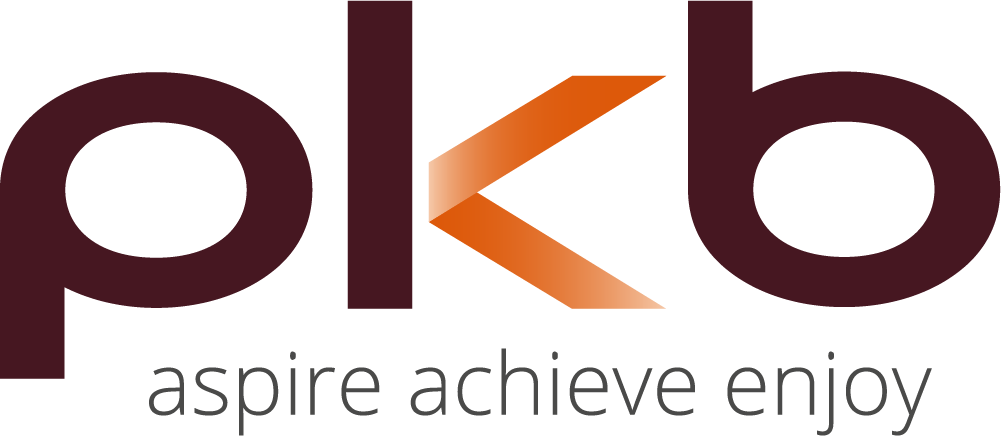 A contractor group has slammed HMRC for omitting mutuality of obligation in an online tool which has been designed to assess an individual’s employment status.
A contractor group has slammed HMRC for omitting mutuality of obligation in an online tool which has been designed to assess an individual’s employment status.
Mutuality of obligation requires employers to provide ongoing work for an employee, who then has an obligation to perform that work. In a self-employed relationship, there is no continuing obligation on either side to offer work or perform the tasks.
This is one of several factors which determine whether an individual is employed or self-employed when it comes to applying IR35 legislation.
The Revenue argues that anyone using its Check Employment Status for Tax (CEST) tool should have already established that mutuality of obligation exists in their arrangement. However, the Freelancer and Contractor Services Association (FCSA) claims that HMRC’s stance ignores mutuality of obligation, despite IR35 case law often hinging on whether or not it is present.
HMRC does not expect the tool to be used where this obligation does not exist.
Julia Kermode, chief executive of the FCSA has commented:
“Mutuality of obligation is an essential element of IR35 status, as borne out in recent cases, and until HMRC’s position is revised, their CEST tool is fundamentally flawed by ignoring case law.”
She continued:
“Any rollout of IR35 reform to the private sector is unthinkable until this is resolved.”
In an additional comment, the Institute of Chartered Accountants in England and Wales said the CEST service does “not command public confidence and needs further work”.
HMRC has dismissed any criticism of its ‘perfectly good’ IR35 online assessment tool and hit back at claims that it’s not fit for purpose. Their second permanent secretary, Jim Harra commented:
“We did a lot of work last year with public sector engagers to make sure they used the tool effectively to make sure it gives them the right answers. It is ultimately a guide, but we believe in 85% of cases it gives a response that the engager can use and we stand by.”
He continued:
“In a further 15% of cases, they do have to either look at further guidance or get assistance from us to arrive at their decision, but as we continue to work on it and improve it, it is a perfectly good tool and supports IR35 compliance.”

If you would like further information or advice about IR35 legislation, mutuality of obligation or you’re looking for accountants for other finance-related issues, please feel free to contact PKB and we will be more than happy to help.
To read news and blogs from Peter Bowyer, click here >>
